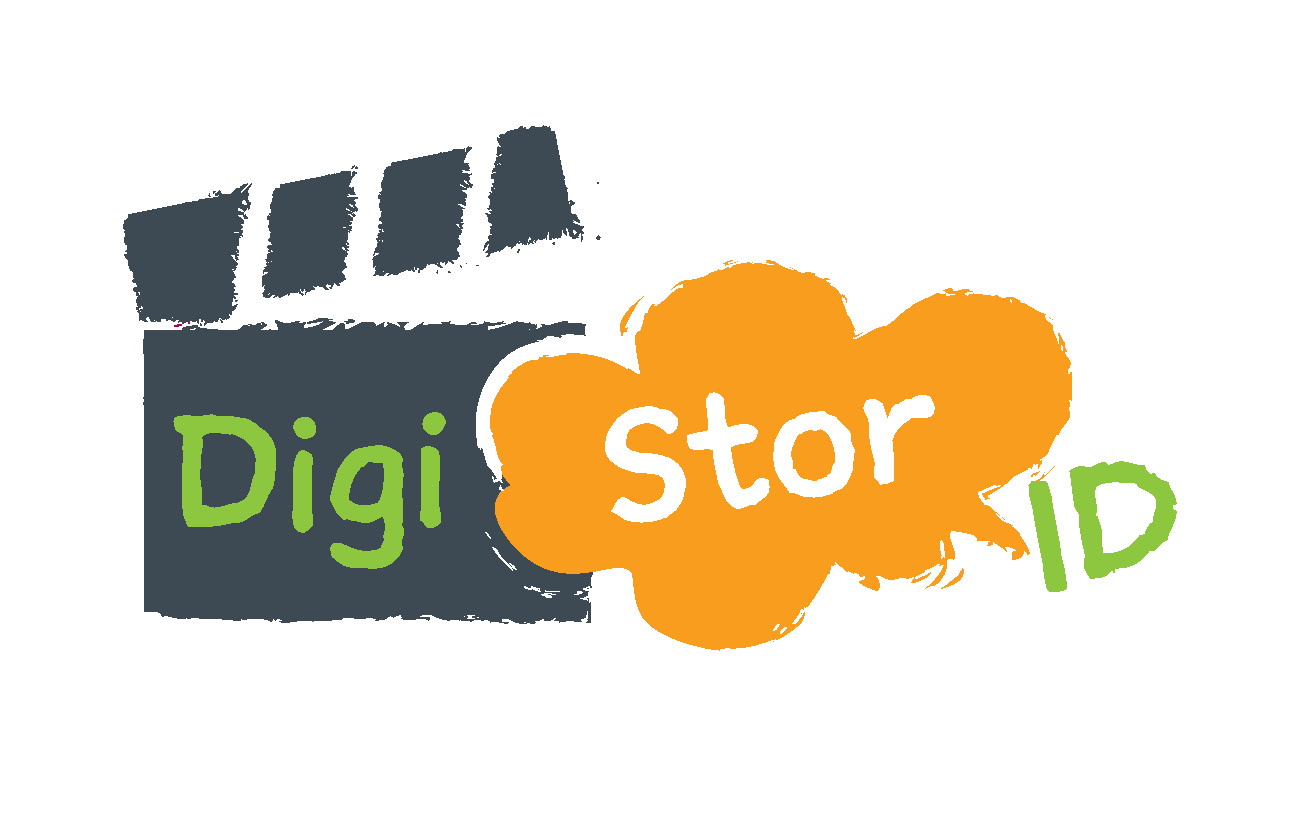Digital storytelling is a method that has proven to be a significant tool as the participants experience empowerment and belonging through the recognition of being heard. They go through a self-reflection process, which increases self-awareness and identity. The method involves reflection and understanding across differences through the sharing of personal narratives, development of group awareness and communication skills through the facilitated group process, enhancement of creative skills and critical thinking. At the same time, it improves basic skills, literacy and ICT, through the work with script, voice-over and editing programme.

What is digital storytelling?
Why we do it?
People with intellectual disabilities (ID) represent one of the most marginalized and discriminated against groups. What is especially worrying is discrimination in education-people with intellectual disabilities receive fewer educational opportunities than any other group.
Because of this fact, it is especially important that countries guarantee that that people with disabilities have the same rights as everyone else.
Because of this fact, it is especially important that countries guarantee that that people with disabilities have the same rights as everyone else.
What we do?
The partners will develop an innovative learning approach – digital storytelling adapted to people with intellectual disabilities with an aim to deliver an innovative, empowering and fun tool for teachers/facilitators that work with intellectually disabled which will help them up-skill, understand and empower intellectually disabled persons.
How we do it?
Through innovation and with creative input the project will develop a new programme of digital storytelling adapted to people with ID. The programme will take into account characteristics and abilities of learners with intellectual disabilities.
In addition, a special training for teachers/facilitators is planned. The teachers/facilitators will learn how to use the methodology with intellectually disabled learners.
Furthermore, a simple guideline/manual on how to use free editing programmes for people with ID will be developed.
In addition, a special training for teachers/facilitators is planned. The teachers/facilitators will learn how to use the methodology with intellectually disabled learners.
Furthermore, a simple guideline/manual on how to use free editing programmes for people with ID will be developed.
For Whom?
The project is addressing:
– Teachers/facilitators of intellectually disabled,
– People with intellectual disabilities.
– Teachers/facilitators of intellectually disabled,
– People with intellectual disabilities.
Activities
DigiStorID
CONTACT US HERE
Center za izobraževanje in kulturo Trebnje (CIK Trebnje), Kidričeva ulica 2, 8210 Trebnje, T: +386 7 348 2 100





